Reasons Why Americans Are More Anxious About Traveling to Europe Than Ever
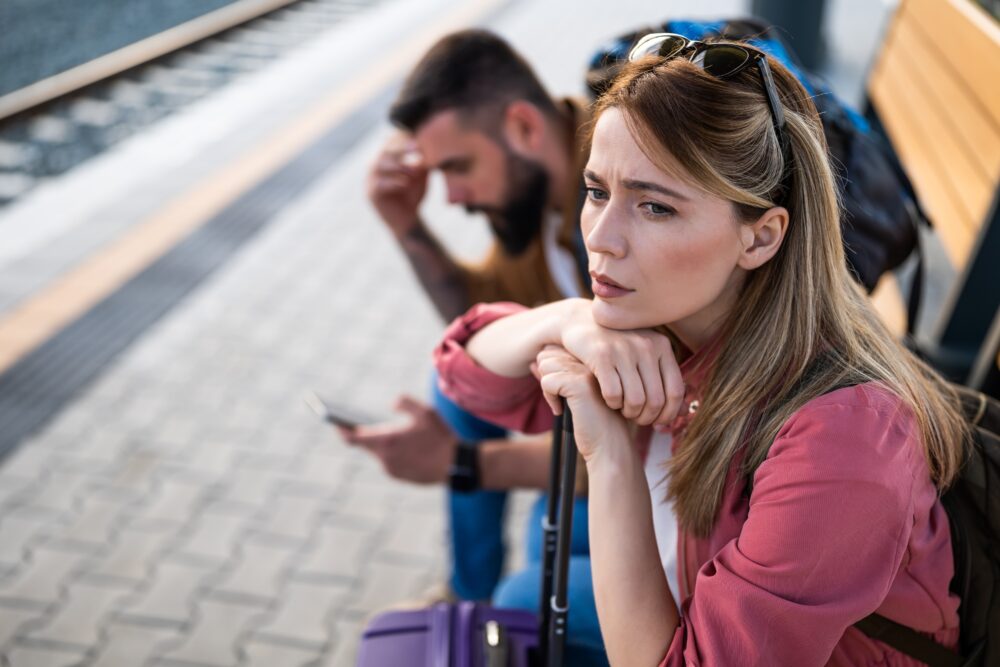
It’s no secret that many Americans feel uneasy about traveling abroad these days. According to a survey conducted by Global Rescue, 72% of experienced global travelers believe Americans will be received more negatively and with less warmth while traveling overseas in 2025. For some, the concern is especially strong when heading to Europe, where anti-American sentiment can feel particularly pointed. There’s a nagging fear that locals will look down on visitors from the U.S., making them feel unwelcome or even openly hostile.
It’s a valid concern—no one wants their dream vacation ruined by awkward encounters or blatant rudeness. But are these worries blown out of proportion, or is there a real basis for them? Before you let travel anxiety stop you from booking that plane ticket, it’s worth unpacking what Europeans really think about American tourists and how much politics actually influences their reception.
1. Fear of Being Judged for American Politics.
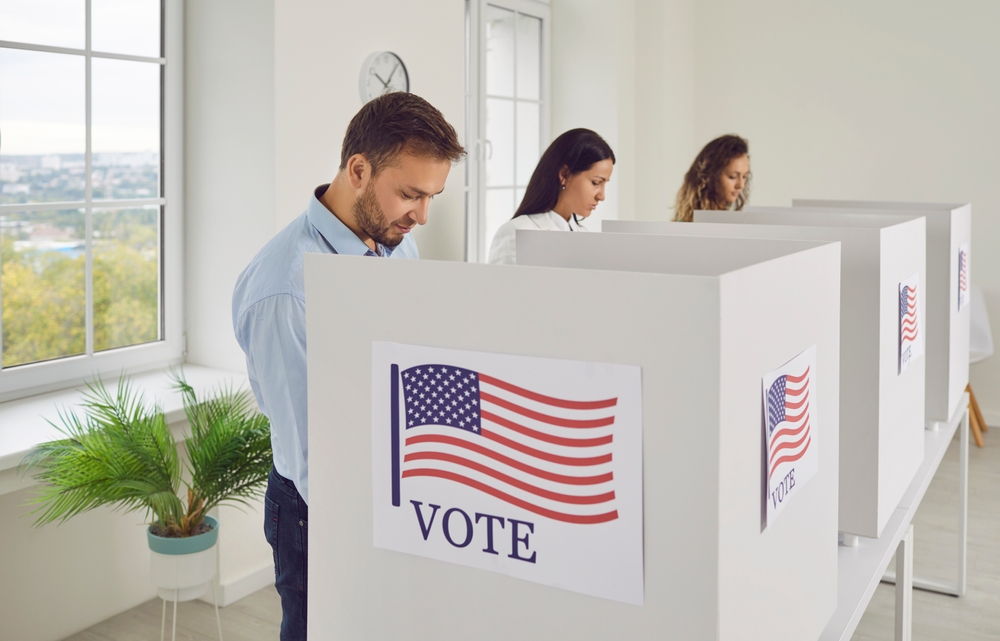
Many Americans worry their country’s political landscape will shape how they’re perceived abroad. Trump’s presidency sparked strong opinions worldwide, and some travelers fear those feelings will translate to hostility or judgment, says Cameron Hewitt writing for Rick Steves’ site. Political conversations can get tense quickly, especially if locals associate Americans with policies they disagree with. Whether it’s trade disputes, climate change denial, or controversial foreign policies, it’s easy to feel like you have to defend your nationality. Travelers who are politically outspoken or wear U.S.-centric clothing often wonder if they’ll face extra scrutiny.
While political discussions can sometimes lead to awkward or heated interactions, most locals are willing to distinguish individuals from their government’s decisions. However, for many travelers, the anxiety of being labeled or criticized can overshadow the excitement of exploring a new destination. Finding ways to blend in and avoid overly political discussions can help reduce this anxiety.
2. Anxiety About Being Blamed for Trump’s Policies.
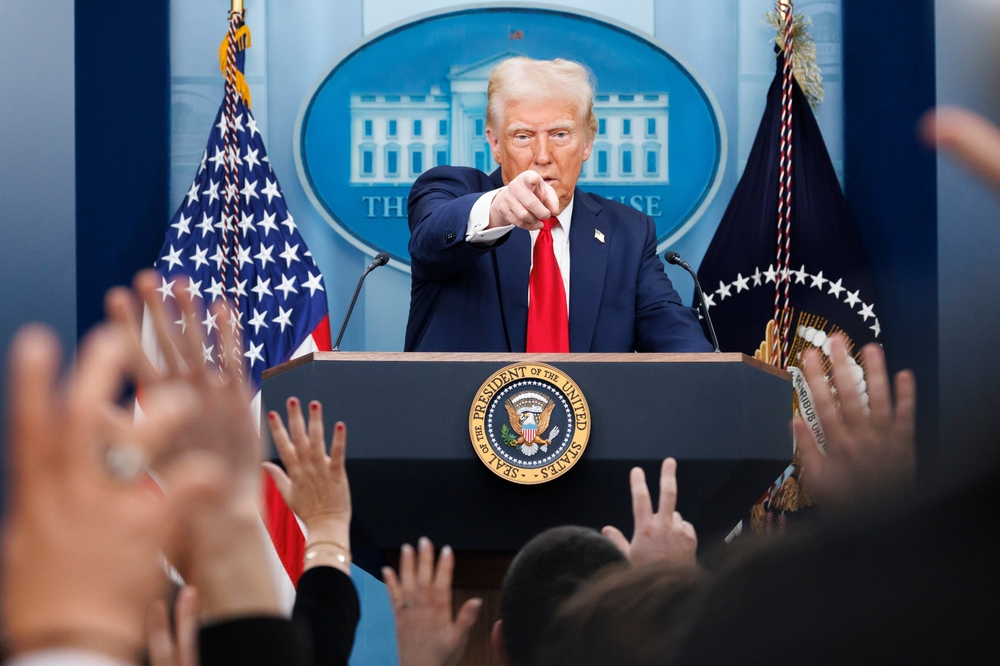
Some Americans fear being held personally responsible for Trump-era policies when traveling abroad. From environmental rollbacks to controversial immigration stances, many policies created global backlash, according to Lisa Abend in an article for the New York Times. Travelers worry that locals will assume they support these policies simply because of their nationality.
Even when politics isn’t brought up directly, the tension can feel palpable, particularly in politically charged settings. Casual conversations can quickly shift from friendly banter to uncomfortable interrogations about U.S. politics. Many Americans avoid mentioning their nationality altogether or try to emphasize their opposition to certain policies to feel more accepted. But the reality is most locals aren’t as preoccupied with American politics as travelers think. Still, for those who are politically conscious, the possibility of being judged for their country’s political actions can feel like a looming shadow over their travel experience.
3. Fear of Anti-American Stereotypes.

Stereotypes about Americans are nothing new, but Trump’s presidency amplified some of the negative ones. Many travelers feel anxious about being seen as arrogant, loud, or ignorant simply because of their nationality. It is true that attitudes about Americans have shifted negatively since Trump has been re-elected, writes Hannah Britton for YouGov. Also, concerns about fitting into the “ugly American” stereotype can lead to hyper-vigilance about behavior, speech, and even wardrobe choices.
Tourists often feel pressure to “prove” they’re not like the stereotypes by being extra polite, low-profile, or culturally sensitive. The anxiety of being perceived as the loud, disrespectful American can make travel feel less enjoyable and more like an endless performance of diplomacy. Although most Europeans are welcoming and understand that tourists don’t represent their entire country, the fear of being judged still lingers for many American travelers. Adopting a friendly, respectful approach and being open to cultural differences can go a long way in easing these worries.
4. Concerns About Facing Political Arguments.
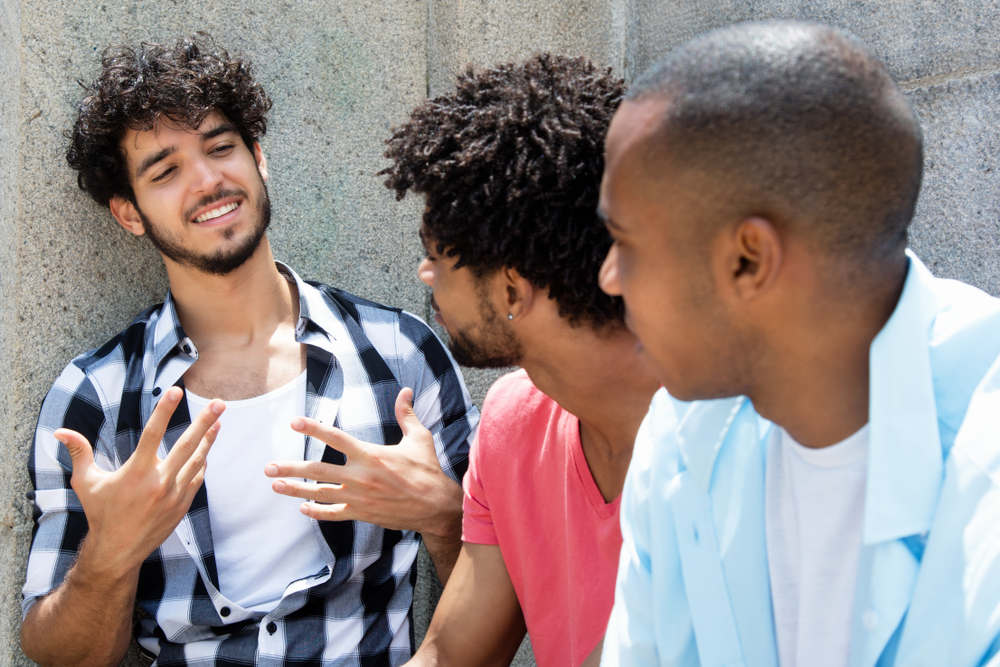
Many Americans are genuinely worried about getting caught up in unwanted political debates while traveling abroad. Especially in major cities and popular tourist destinations, locals are often curious about visitors’ political views, which can lead to heated conversations. For some, the idea of being grilled about Trump’s actions or U.S. foreign policy is enough to make them reconsider travel plans altogether.
The fear of confrontation often leads travelers to avoid conversations about politics entirely or try to deflect the topic quickly. While some tourists thrive on engaging in political discourse, others just want to enjoy their trip without getting dragged into uncomfortable discussions. Knowing when to steer a conversation away from politics or offering a neutral, friendly response can help avoid unpleasant encounters, according to Kim Davis writing for CNN. Not every interaction will be politically charged, but the possibility often creates underlying anxiety.
5. Worries About Discrimination or Hostility.

Concerns about outright hostility are not uncommon among Americans planning European trips. News stories about Americans being mistreated abroad due to political tensions have made many travelers overly cautious. The anxiety is often heightened when visiting countries known for vocal opposition to American policies. While most Europeans are friendly and welcoming, the possibility of encountering someone with strong anti-American sentiments is always in the back of travelers’ minds. It’s not just about being treated rudely; some fear outright discrimination or being refused service.
These fears can turn what should be a fun, exciting trip into a stressful ordeal. To avoid potential negativity, many Americans try to “blend in” by dressing more like locals, keeping a low profile, or even lying about their nationality. Finding ways to feel safe and accepted often becomes a high priority when planning a European adventure.
6. Anxiety Over Language Barriers.
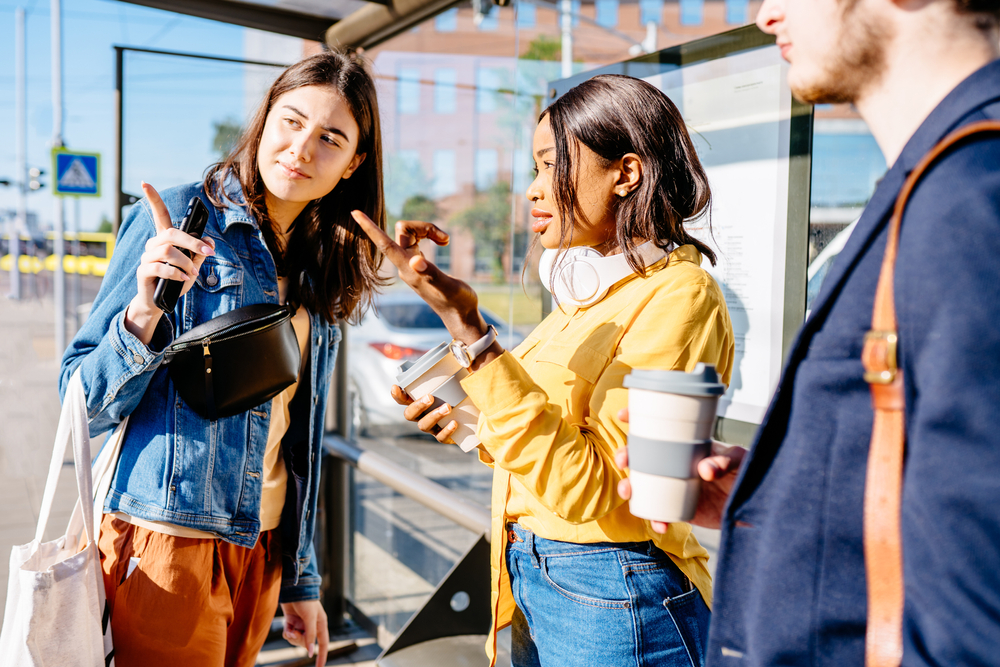
While language barriers are always a concern for international travelers, American tourists often feel extra pressure to communicate effectively because of negative stereotypes. Speaking English too loudly or assuming everyone understands can reinforce the “entitled American” image. Travelers worry that language struggles will be met with eye rolls or impatience, especially in countries where English isn’t as commonly spoken. For those who don’t speak the local language, even simple interactions can feel nerve-wracking. The pressure to not appear culturally ignorant or disrespectful can amplify normal travel anxieties.
Many tourists try to learn basic phrases to demonstrate effort and goodwill, but the fear of messing up still lingers. Although most Europeans appreciate visitors making an attempt to speak their language, the anxiety about confirming negative stereotypes often makes American tourists overly cautious and even hesitant to interact.
7. Worry About Traveling During Political Protests.
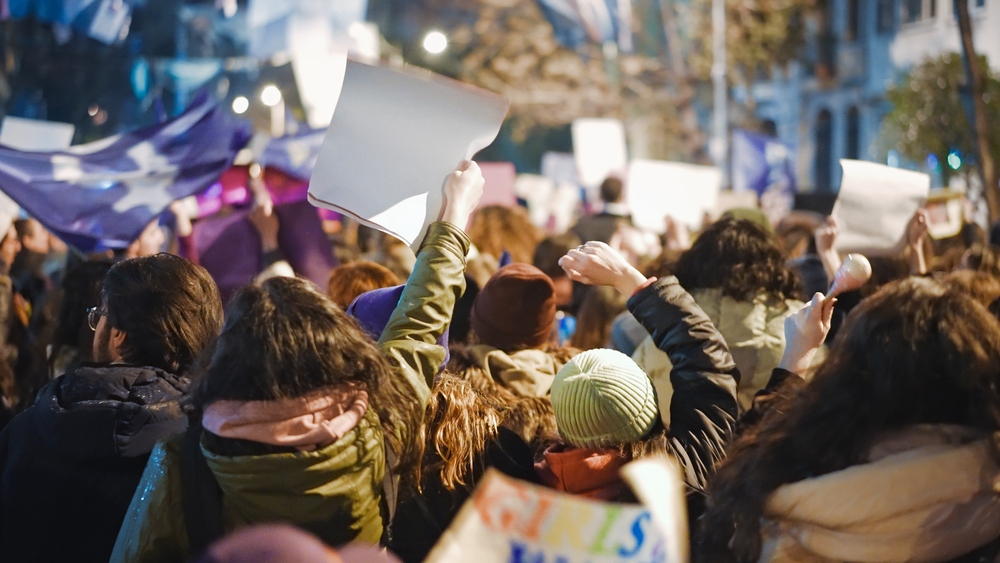
Recent years have seen a rise in political protests across Europe, some of which have involved anti-American sentiment. For tourists, stumbling upon a demonstration can be unnerving, especially if they feel targeted for their nationality. Americans often worry about being caught in the middle of protests or facing hostility for something their government has done. The unpredictability of protests adds another layer of anxiety to travel plans.
Avoiding crowded areas, monitoring local news, and sticking to well-known tourist spots are common strategies to feel safer. But the worry about being targeted simply for being American can still hang over a trip like a dark cloud. Knowing when to blend in and how to quickly remove oneself from tense situations becomes an essential part of planning.
8. Concern About Travel Restrictions.
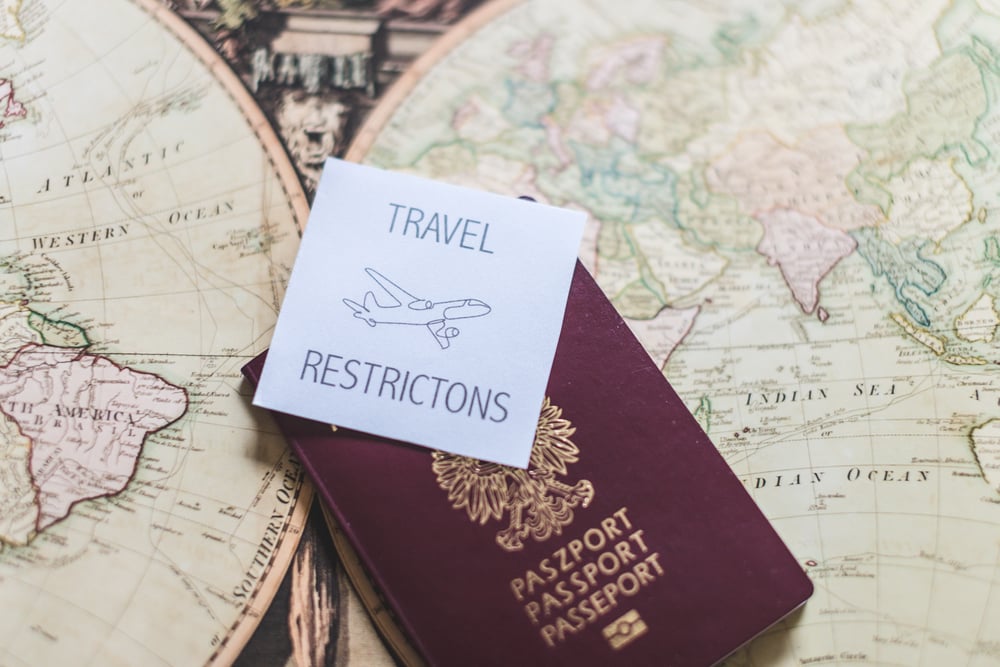
Political tensions can sometimes lead to sudden travel restrictions or increased scrutiny at customs. American tourists worry about being questioned extensively or even denied entry because of strained diplomatic relations. This concern is particularly strong for those traveling to countries known for having rocky relations with the United States.
The unpredictability of these restrictions can make planning a trip feel like a gamble. Checking travel advisories, having proper documentation, and staying informed about the latest regulations are all essential precautions. Yet, the possibility of being treated unfairly simply due to one’s nationality can feel intimidating. The fear of complications at the border can overshadow the excitement of exploring new destinations.
9. Fear of Increased Security Screenings.
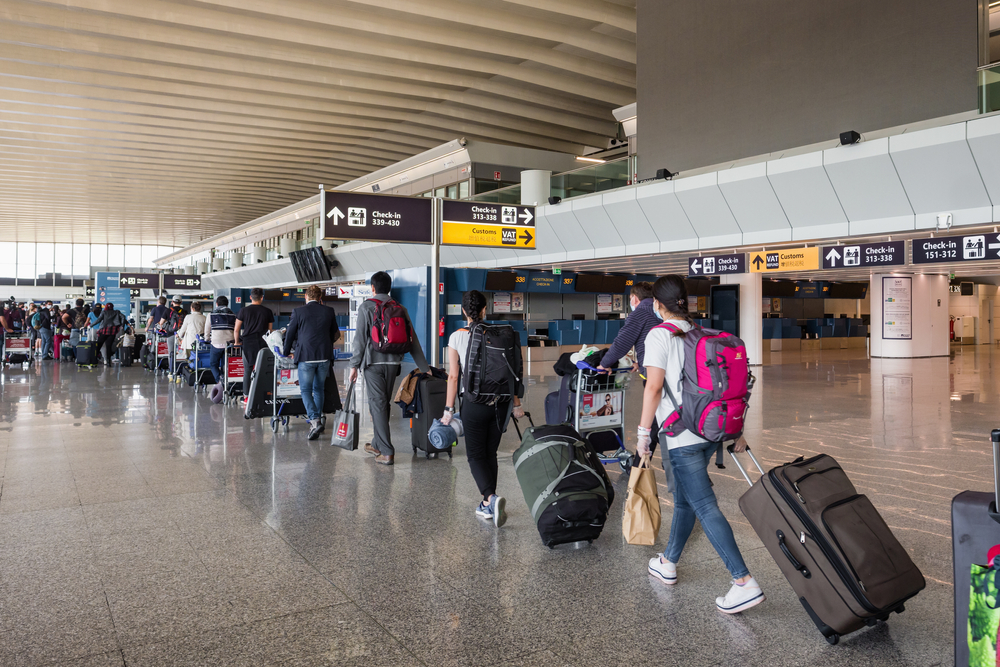
The thought of being singled out during security checks just because of one’s nationality is a genuine concern for many Americans. Heightened scrutiny, additional questioning, and baggage inspections can feel like a form of discrimination. Being treated like a potential threat instead of a tourist can leave a negative impression that colors the entire trip.
Americans who have experienced this before often carry the anxiety of it happening again. Preparing for these situations by keeping documents organized, maintaining a calm demeanor, and knowing your rights can make a big difference. Still, the possibility of being treated unfairly just for being American remains a troubling concern for many travelers.
10. Fear of Being Overcharged for Services.

Americans often worry they’ll be seen as easy targets for scams or inflated prices. Some tourists fear being charged more for taxi rides, dining experiences, or even local tours simply because of their accent or nationality. It’s not just about overpaying for services; it’s the underlying concern of being taken advantage of because of your identity.
Many travelers have heard horror stories about unfair taxi fares, inflated restaurant bills, or overpriced tour packages meant to rip off “clueless” Americans. Trying to avoid being exploited can feel like a constant game of vigilance. Research average costs, use apps for currency conversion, or even ask locals for recommendations to avoid being scammed.
11. Fear of Unwelcome Conversations About Trump.

Perhaps the most common anxiety for Americans traveling to Europe is the dread of being cornered into a conversation about Trump. While some locals are genuinely curious about American perspectives, others are eager to argue or criticize. The assumption that every American is a supporter or opponent of Trump can feel exhausting and unwarranted.
For many travelers, trying to navigate these discussions without escalating tension becomes a high-stress challenge. Knowing how to politely deflect or steer the conversation toward more neutral topics can make a big difference. The constant possibility of having to defend or explain one’s political beliefs can be mentally draining. Finding ways to politely disengage from unwanted political debates is a skill many American travelers are eager to master.
